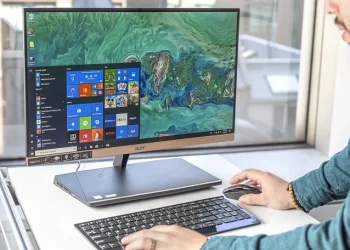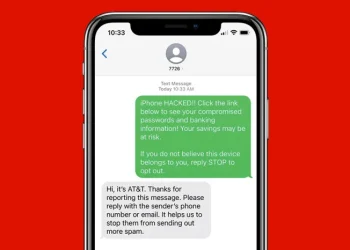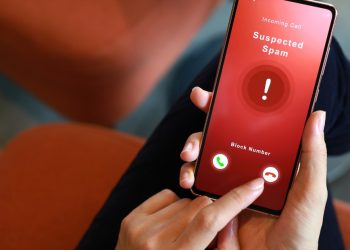Fitness trackers are very personal, much like any equipment you use on your body on a daily basis. They must suit your lifestyle, as well as the times and methods of exercise that you prefer, in addition to being stylish and comfy. Do you strength train, ride, or row? Do you spend hours running on trails, or are you just looking for an hourly reminder to get up and move around? Would you like to tuck it into your bra, wear it on your finger, or wear it on your wrist?
Whatever your requirements, now is the perfect moment to discover a strong, cutting-edge instrument that will enable you to maximize your workouts and kick-start your regimen. Each year, we evaluate dozens of fitness trackers to present our top choices to you. Is there anything about this that you like? For more, don’t forget to look at our lists of the Best Heart Rate Monitors, Best Sleep Trackers, and Best Smartwatches.
Updated August 2024: We have included the Fitbit Ace LTE, Samsung Galaxy Watch7, Galaxy Watch Ultra, Movano Evie ring, and a few Fitbit and Google updates. We also made price and link updates.
For a limited time, Gear readers can purchase WIRED for just $5, saving $25. This includes complete Gear coverage, unrestricted access to WIRED.com, and newsletters available exclusively to subscribers. Contributions enable us to continue doing our daily work.
Best Overall
Runner-Up
Best Budget Tracker
If all you want is a simple health tracker that will track your steps and your sleep and let you know when someone is calling, the internet’s marketplace is awash in knockoffs of this fitness tracker. For $80, you might as well get the original instead. In 2022, Fitbit updated the Inspire. It has a pedometer, tracks SpO2 and sleep, and comes with a wide array of watch faces and accessories.
It wasn’t all easy-peasy. I had some connectivity issues and had to restart my phone when the Inspire 3 wouldn’t update the time zone for a day or two. The Inspire 3 also regularly overestimated how much sleep I’d gotten, which made me mistrust the new Sleep Profile feature. For two months, I had a chronic nighttime cough; the Inspire 3 regularly logged me at seven hours a night because I was lying still, while switching to a more sensitive fitness tracker put me at a much more accurate five. However, if you have no health issues, it is more reliable and accessible than a knockoff Inspire 3, and Fitbit regularly puts its trackers on sale.
Best if You Have an iPhone
People tend to hold on to their Apple Watch for years, and rightfully so—it is far and away the best fitness tracker if you have an iPhone. The best Apple Watch right now is the Series 9 (7/10, WIRED Recommends). It looks pretty much the same as every other Apple Watch, but it has the new S9 chipset for faster onboard processing of Siri commands, which improves battery life noticeably and theoretically provides more privacy for your sensitive medical data. It also has a new ultra-wideband chip that lets you precision-locate your iPhone quickly and accurately.
The watch also has a new feature called Double Tap, which borrows from Apple’s accessibility learnings. The accelerometer, gyroscope, and optical sensor will detect the minute shifts as you tap your index finger and thumb on your watch hand twice to activate the primary button on your watch screen; it’s nice for stopping and starting music or timers around the kitchen. It’s compatible with WatchOS 11, which has exciting health-related software updates like Training Load, to check how your workouts impact your performance, and a new easy-to-reference Vitals app. You can also find most of WatchOS 11’s updates on the second-gen Watch SE, but you won’t get the more advanced health sensors like wrist-based body temperature sensing.
Best for Wear OS
The Google Pixel Watch 2 (7/10, WIRED Recommends) is by far the most attractive fitness tracker in this lineup and the hardest to take off my wrist. Last year’s iteration was everything that reviews editor Julian Chokkattu wanted to see in last year’s release. It ships with Wear 4, Google’s latest operating system, and has a speedy processor which makes it easy to track health metrics and view them in the lovely updated Fitbit app. Those now include electrocardiogram readings, sleep tracking, heart rate readings, and blood-oxygen measurements, along with a new feature borrowed from Fitbit called Body Response which uses an electrodermal activity sensor (cEDA), along with heart rate and skin temperature, to tell you to take a walk when you’re stressed.
It does require daily charging with a new proprietary charger—no, you cannot use last year’s charger—and it still requires daily charging. It’s just annoying when you can seed every home and office with 3-in-1 Apple chargers.








